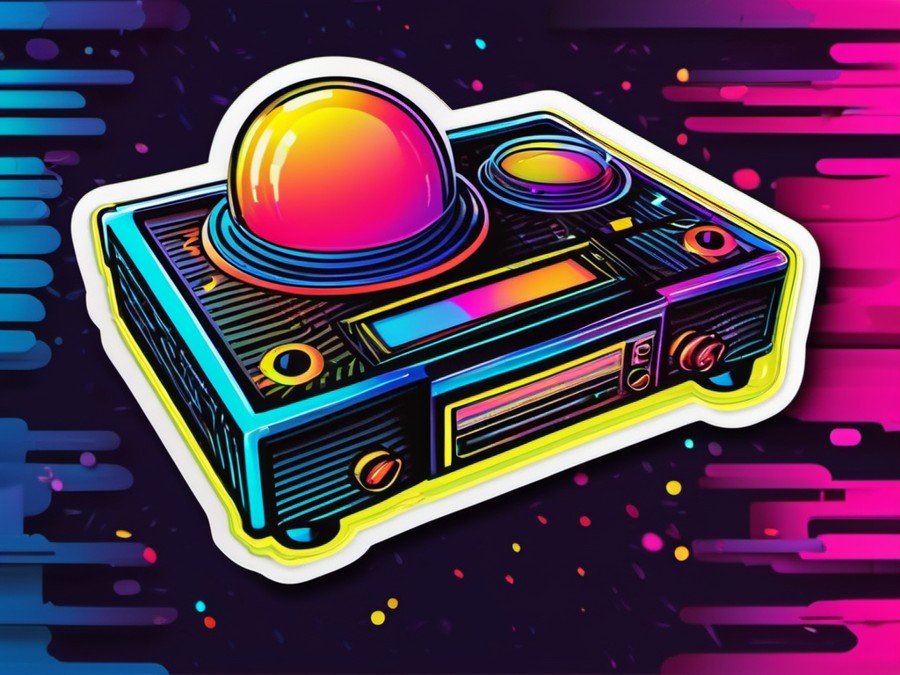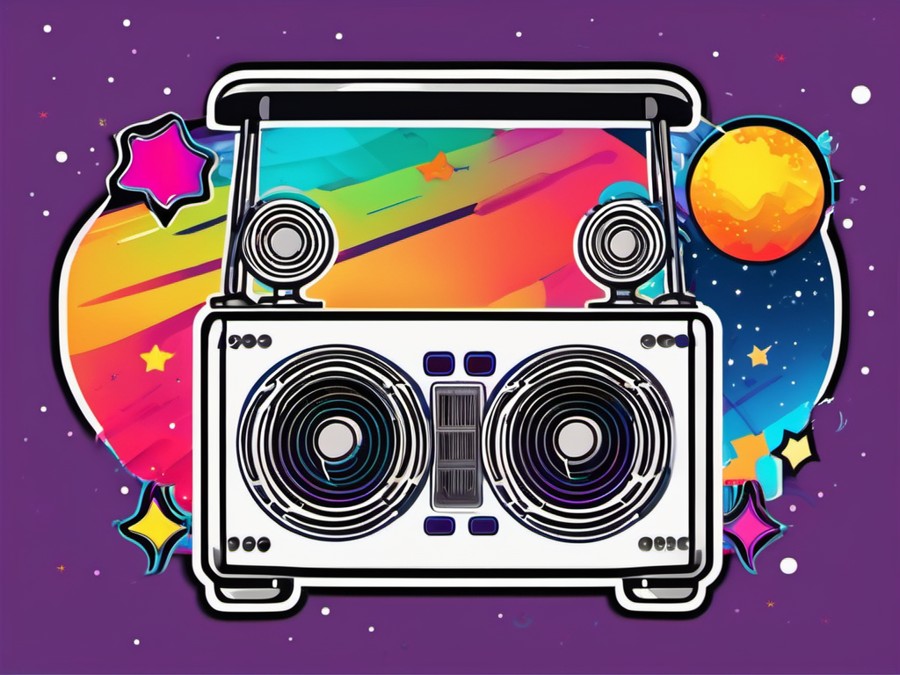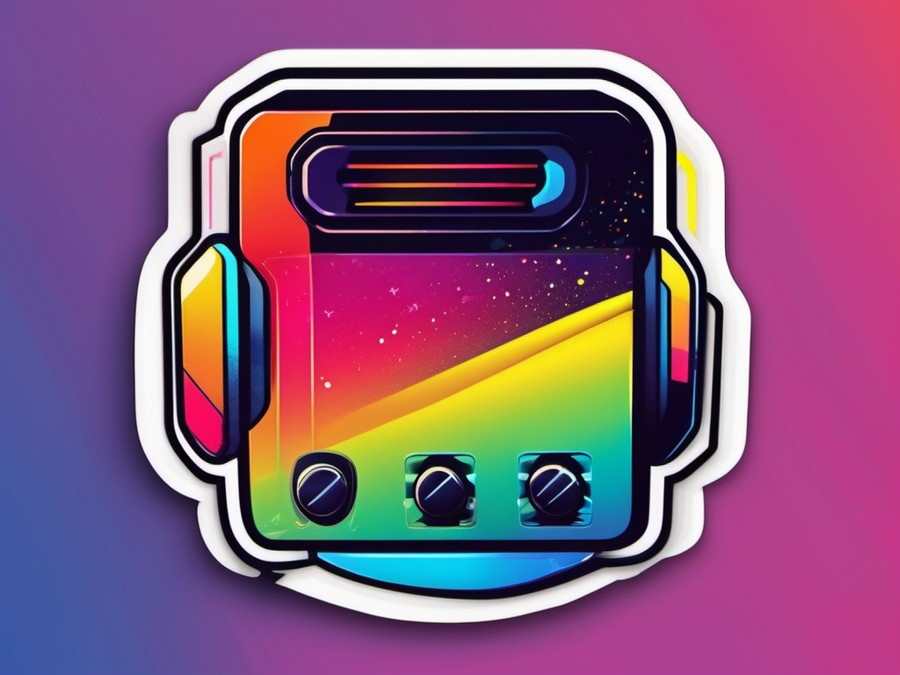· Charlotte Will · Receivers & Amplifiers · 6 min read
What is a DAC and Why It's Important for High-Quality Audio?
Learn about DACs and why they are crucial for high-quality audio. Discover how DACs work, their benefits, and how to choose the right one for your needs. Enhance your audio experience with a dedicated DAC today!

In the age of digital media, understanding how our devices translate digital signals into sound is crucial for any audiophile or casual listener. What is a DAC and why does it matter? Let’s dive into the world of Digital to Analog Converters (DACs) and explore why they are vital for high-quality audio.
Understanding DAC: The Basics
What is a DAC?
A DAC is an electronic component that converts digital audio data into analog signals. Think of it as a translator between your digital music files and the speakers that produce the sound you hear. Digital audio is a series of ones and zeros, while analog signals are continuous waves. A DAC bridges this gap, making digital music comprehensible to your ears.
How Does a DAC Work?
Imagine you have a recipe written in French (digital audio), and you want to cook it (play music). You need a translator who can convert the French text into English (analog signal) so you can follow the instructions. A DAC does this for digital audio data. It takes the binary code, decodes it into an analog waveform, and sends it to your speakers.
The Role of DAC in Modern Audio Systems
Where Do You Find a DAC?
DACs are found in numerous devices: smartphones, computers, Blu-ray players, CD players, and dedicated audio components like headphone amps. Even your car stereo has a DAC to convert digital files from USB drives or CDs into sound.
Types of DAC Connections
There are several ways to connect a DAC to your audio system:
- USB: Common in computers and some portable devices.
- Optical (TOSLINK): Often used with TVs, Blu-ray players, and some CD players.
- Coaxial (RCA): Found in many home theater systems and dedicated audio components.
Each type of connection has its own characteristics and potential benefits, so it’s essential to choose the right one for your setup.
The Importance of DAC for High-Quality Audio
How Can a DAC Improve Audio Quality?
A good DAC can dramatically enhance your listening experience. It processes digital data more accurately, reducing errors and distortions that can occur during conversion. This results in clearer, more detailed sound with a wider dynamic range. Imagine listening to a high-quality recording where you can distinguish every instrument and nuance in the music.
DAC vs. Amp: What’s the Difference?
Understanding Amplifiers
Amplifiers boost the electrical signal sent to your speakers, making the sound louder. They don’t convert digital to analog; instead, they take the analog signal and amplify it. Amplifiers are essential for driving speakers, especially in larger systems or rooms with background noise.
When to Use a DAC Alone vs. with an Amp
If you’re using high-quality headphones or small speakers, a DAC alone might suffice. However, for power-hungry speakers or systems in noisy environments, combining a DAC with an amplifier can provide the best of both worlds—superior audio quality and adequate volume.
Real-World Examples: How DACs Enhance Audio Experience
Home Theater Systems and DACs
In a home theater system, using a high-quality DAC can significantly enhance your movie and TV show experience. Dialogues become clearer, sound effects more immersive, and the overall sonic landscape more detailed. If you’re a fan of action movies or thrillers, a good DAC can make all the difference.
Streaming Services and DACs
With the rise of streaming services, many listeners settle for compressed audio files. While these work fine on built-in DACs, a dedicated external DAC can breathe new life into your music. Services like Tidal offer high-fidelity streams, and a good DAC can help you fully appreciate the difference.
Audiophiles and DACs
Audiophiles—those who seek the ultimate in sound quality—often invest in high-end DACs. These devices can reveal subtle details and nuances that you might miss with a standard built-in converter. If you’re passionate about music and want to experience it at its best, a high-quality DAC is indispensable.
Choosing the Right DAC for Your Needs
What to Look For When Buying a DAC?
When shopping for a DAC, consider your specific needs:
- Are you using it with headphones or speakers?
- What is the primary source of your audio (computer, CD player, etc.)?
- Do you need additional features like a headphone amp or volume control?
Popular Brands and Models in the DAC Market
Several brands are renowned for their DACs, such as Schiit, Chord Electronics, and AudioQuest. Each offers a range of models from basic to high-end, so you can find something that fits your budget and requirements.
Setting Up and Optimizing Your DAC for Best Results
Initial Setup: Connecting Devices
Setting up your DAC is usually straightforward. Ensure you’re using the correct cable for your connection type (USB, optical, coaxial). Plug one end into the DAC and the other into your source device or speakers.
Optimizing DAC Settings for Your Listening Environment
Once connected, you might need to tweak some settings. For instance, adjust the volume level to match your listening habits and room size. Some DACs also allow you to switch between different digital filters, which can affect the sound’s character. Experimenting with these settings can help you achieve the best results for your specific setup.
Common Misconceptions About DACs Debunked
Do All Devices Need a High-End DAC?
While high-end DACs offer notable benefits, not all devices require them. Built-in DACs in smartphones and computers are generally sufficient for casual listening. However, if you’re an audiophile or have a high-end system, a dedicated DAC can make a significant difference.
Can a DAC Fix Poor Quality Recordings?
A DAC can’t magically improve the quality of poor recordings. It converts digital data accurately but doesn’t enhance underlying content issues like compression artifacts or low-quality sources. For the best results, start with high-fidelity files.
Conclusion: Embracing High-Quality Audio with DACs
In summary, a DAC is essential for anyone seeking the best in audio quality. Whether you’re watching movies, streaming music, or listening to high-resolution files, a good DAC ensures that you experience sound as it was meant to be heard. By understanding and appreciating the role of DACs, you can elevate your audio experience to new heights.
FAQs
What are the benefits of using an external DAC?
An external DAC offers higher conversion accuracy, reduced noise and distortion, and often includes additional features like headphone amplification.
Can a DAC improve the sound from my TV?
Yes, using a DAC with your TV can enhance audio quality by providing more detailed and clear sound.
How do I know if my device has a built-in DAC?
Most modern devices, including smartphones and computers, have built-in DACs. Check your device specifications for details.
What is the difference between DAC and ADC?
A DAC converts digital to analog signals, while an ADC (Analog to Digital Converter) does the opposite. ADCs are used for recording analog audio into digital format.
How does the sample rate of a DAC affect audio quality?
A higher sample rate can capture more details and provide better audio quality, but it also requires more data and processing power.




